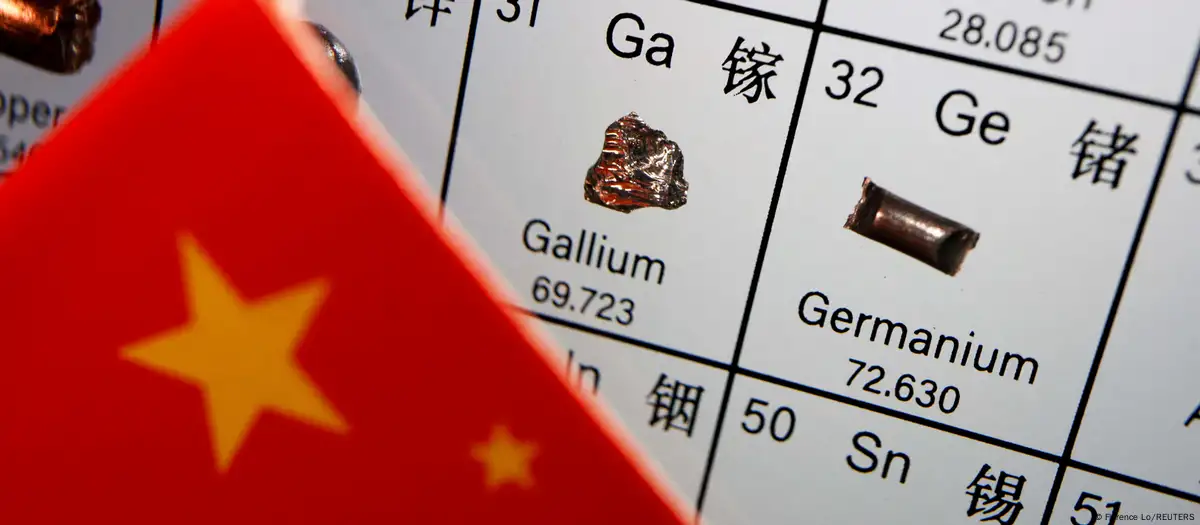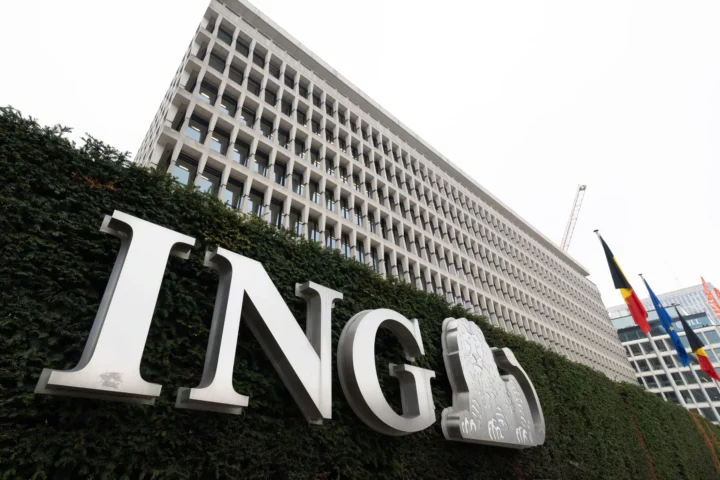Beijing said it would restrict exports to the United States of some key components for making semiconductors. The development comes after Washington announced curbs targeting China’s ability to make advanced chips.
China announced on Tuesday a ban on exports to the United States of gallium, germanium, antimony and other key high-tech materials with potential military applications.
The Chinese Commerce Ministry made the declaration a day after Washington’s latest crackdown on Beijing’s chip sector.
Citing “national security” concerns, the ban on so-called dual-use items with both military and civilian use comes in with immediate effect. The prohibition also requires stricter review of end-usage for graphite items shipped to the United States.
“In principle, the export of gallium, germanium, antimony, and superhard materials to the United States shall not be permitted,” the ministry said.
Trump presidency looms
The increase in trade restrictions comes at a time when President-elect Donald Trump, who will take office in Washington next month, has been threatening to raise tariffs on imports from China.
Beijing said in July 2023 it would require exporters to apply for licenses to send to the US materials such as gallium and germanium.

In August 2024, the Chinese Ministry of Commerce announced export control measures on antimony and related items to take effect on September 15. Antimony is used in a wide range of products from batteries to weapons.
China is the biggest global source of gallium and germanium, which are produced in small amounts but are needed to make computer chips for cell phones, cars and other products, as well as solar panels and military technology.
US crackdown prompts China’s tit-for-tat move
China’s announcement comes after the US on Monday launched its third crackdown in three years on China’s semiconductor industry.
It curbed exports to 140 Chinese firms, including chip equipment maker Naura Technology Group, to a so-called “entity list” subject to strict export controls.
Beijing’s Commerce Ministry protested and said it would act to protect China’s “rights and interests.”
In response to China’s announcement on Tuesday, the White House said it would take “necessary steps to mitigate any Chinese “coercive actions.”








